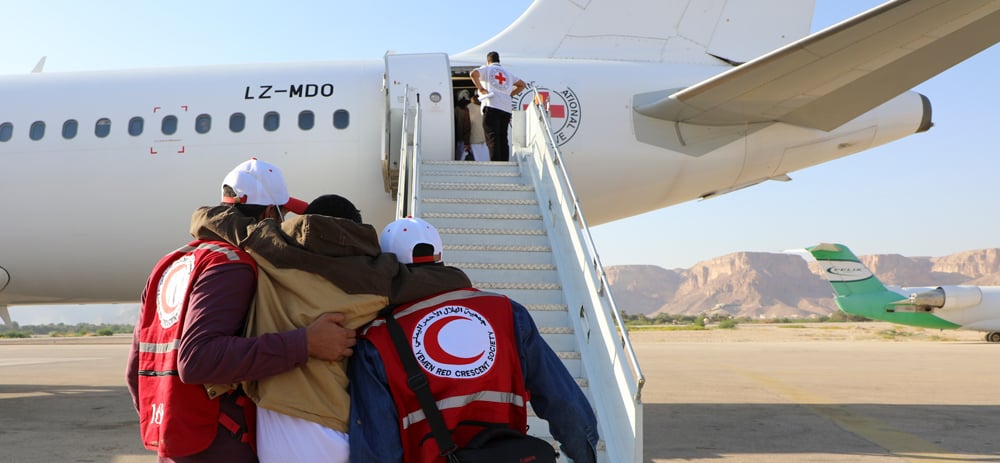

International humanitarian law (IHL) is a set of international laws that set out what can and cannot be done during an armed conflict.
The main purpose of IHL rules is to maintain some humanity in armed conflicts, saving lives and reducing suffering. To do that, IHL regulates how wars are fought, balancing two aspects: to weaken the enemy and to limit the suffering.
The rules of war are universal. The Geneva Conventions (the core element of IHL) have been ratified by 196 countries. Very few international treaties have this level of support.
Everyone fighting a war needs to respect IHL, both governmental forces and non-state armed groups.
There are consequences if the rules of war are broken. War crimes are documented and investigated by States and international courts. Individuals can be prosecuted for war crimes.
In short, the rules of war mean: You do not torture people. You do not attack civilians. You limit as much as you can the impact of your warfare on women and children. You treat detainees humanely.
Protect those who are not fighting, such as civilians, medical personnel or aid workers.
Protect those who are no longer able to fight, like an injured soldier or a prisoner.
Prohibit targeting civilians. Doing so is a war crime.
Recognise the right of civilians to be protected from the dangers of war, as well as receive the help they need. Every possible care must be taken to avoid harming them, their houses or destroying their means of survival, such as water sources, crops, livestock.
Mandate that the sick and wounded have a right to be cared for, regardless of whose side they are on.
Specify that medical workers, medical vehicles and hospitals dedicated to humanitarian work can not be attacked.
Prohibit torture and degrading treatment of prisoners.
Specify that detainees must receive food and water as well as be allowed to communicate with their loved ones.
Limit the weapons and tactics that can be used in wars, to avoid unnecessary suffering.
Explicitly forbid rape or other forms of sexual violence in the context of armed conflict.
Protect historic buildings, monuments, works of art and other cultural treasures.
The global Red Cross and Red Crescent family holds a unique position under the Geneva Conventions. Our emblems are protective symbols central to the laws of war. They mean 'Don't shoot - we are not part of the fight.
Read a Parliamentarian's Guide to IHL
Deepen your knowledge with online training courses

Red Cross pays our respects to the Aboriginal and Torres Strait Islander custodians of the country where we work, and to Elders, past, present and emerging.
Learn about our Reconciliation Action Plan and how we can all make reconciliation real.
This website may contain the images, voices or names of people who have passed away.